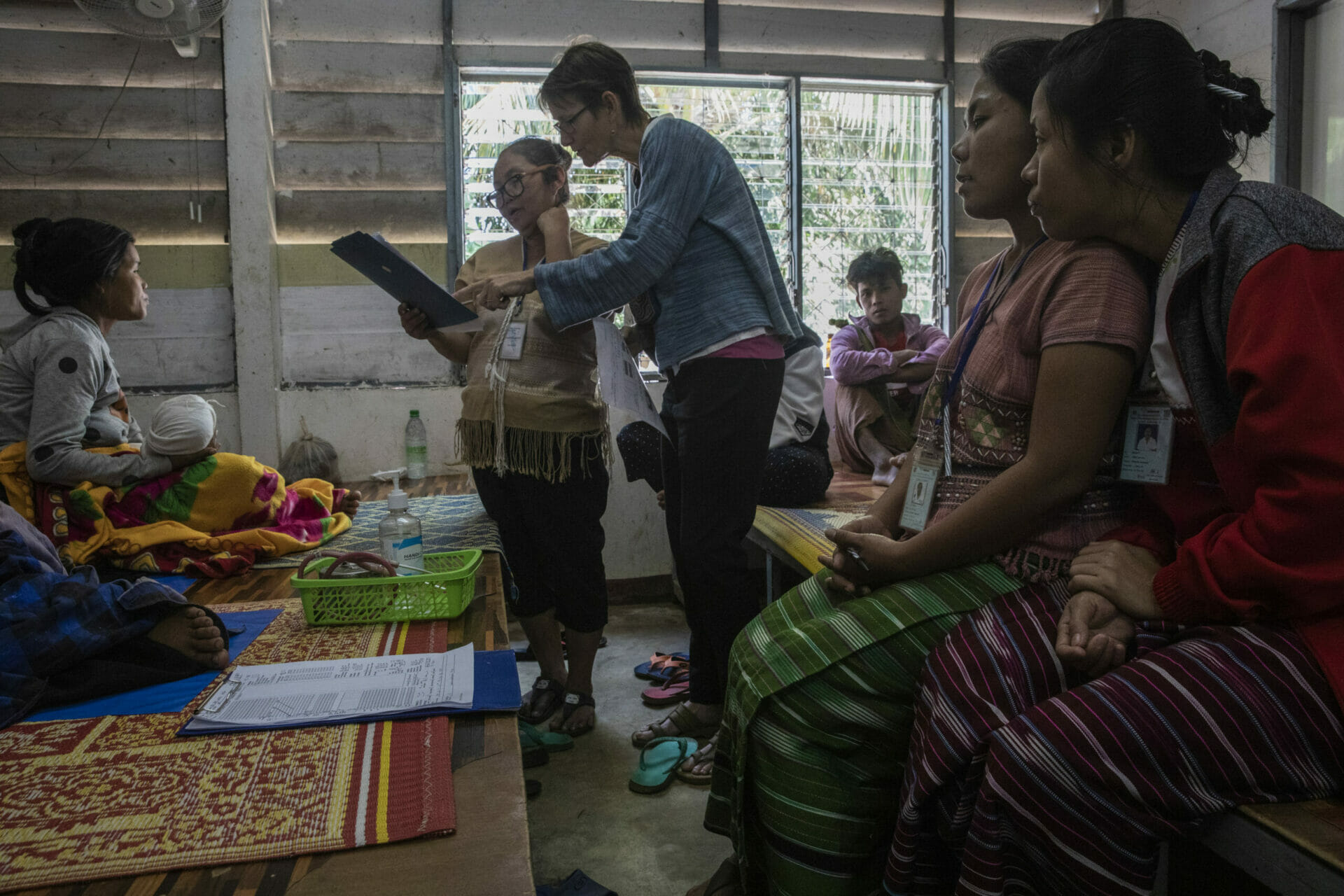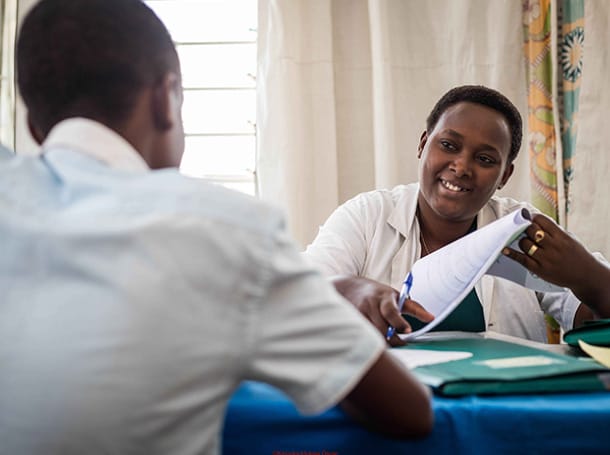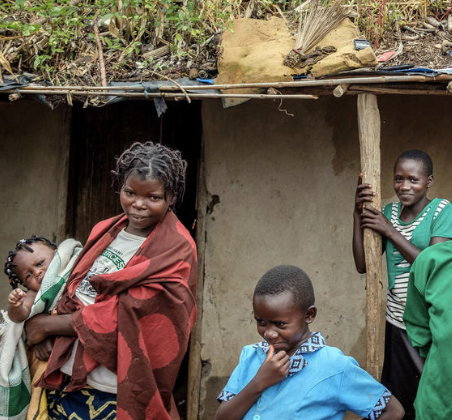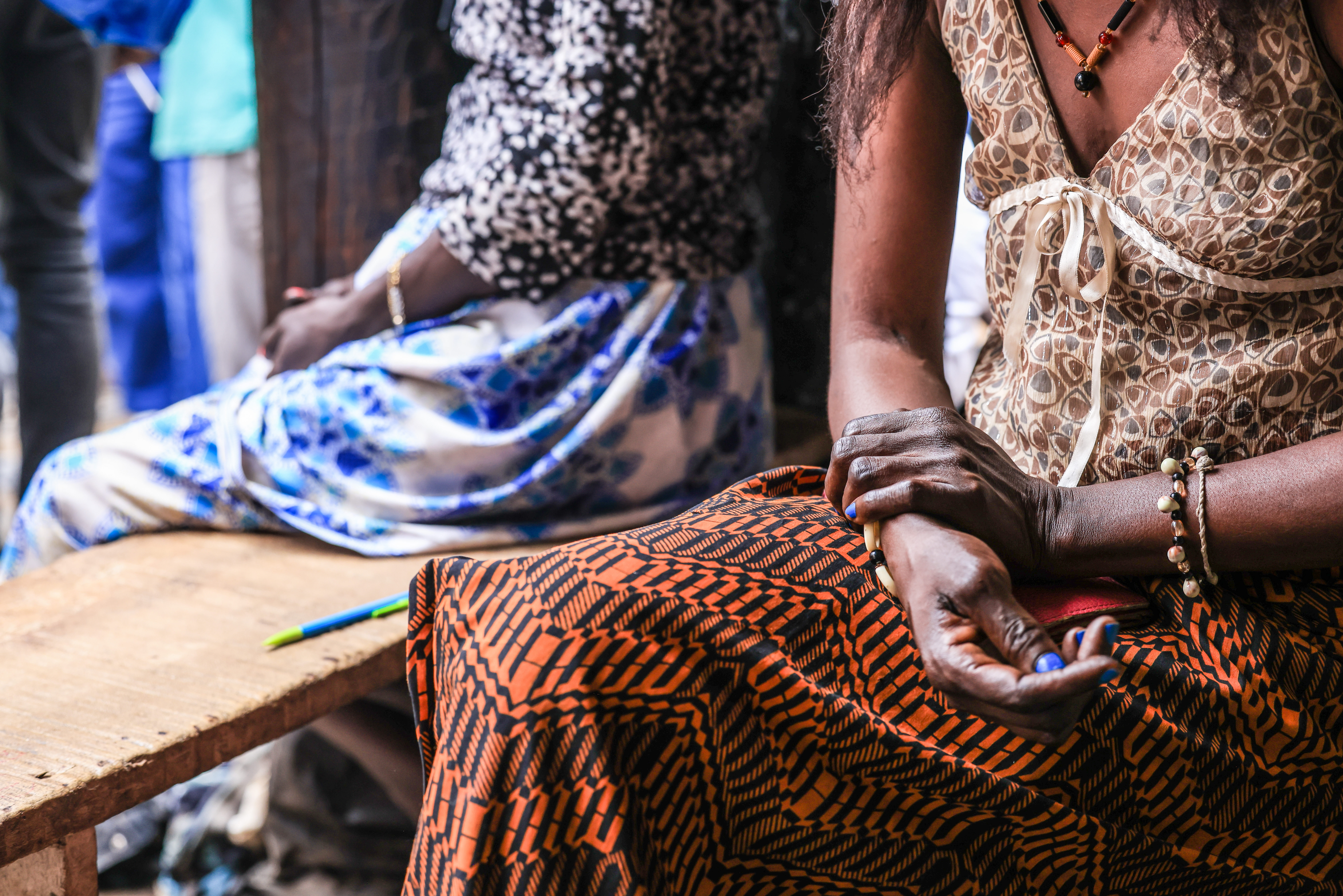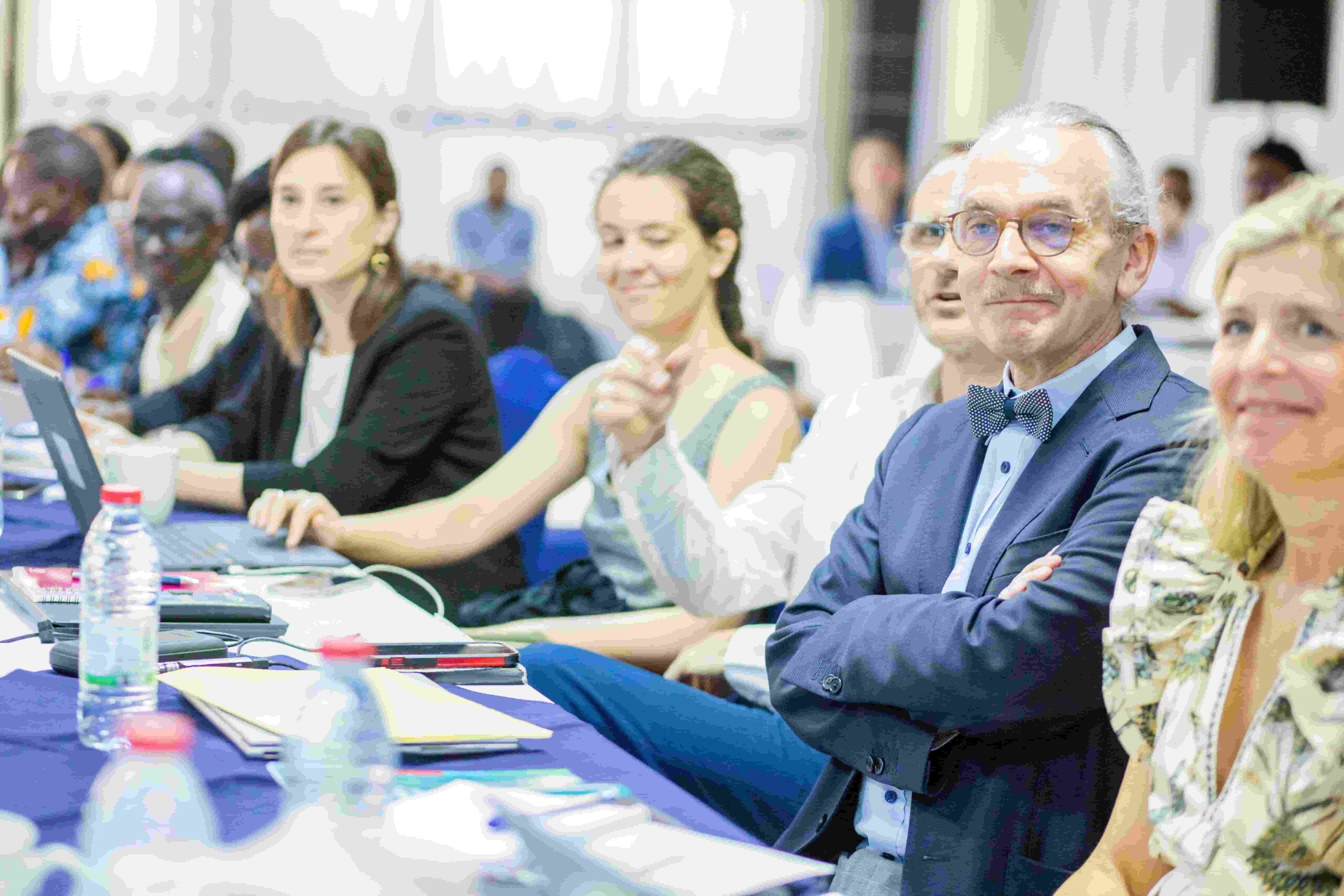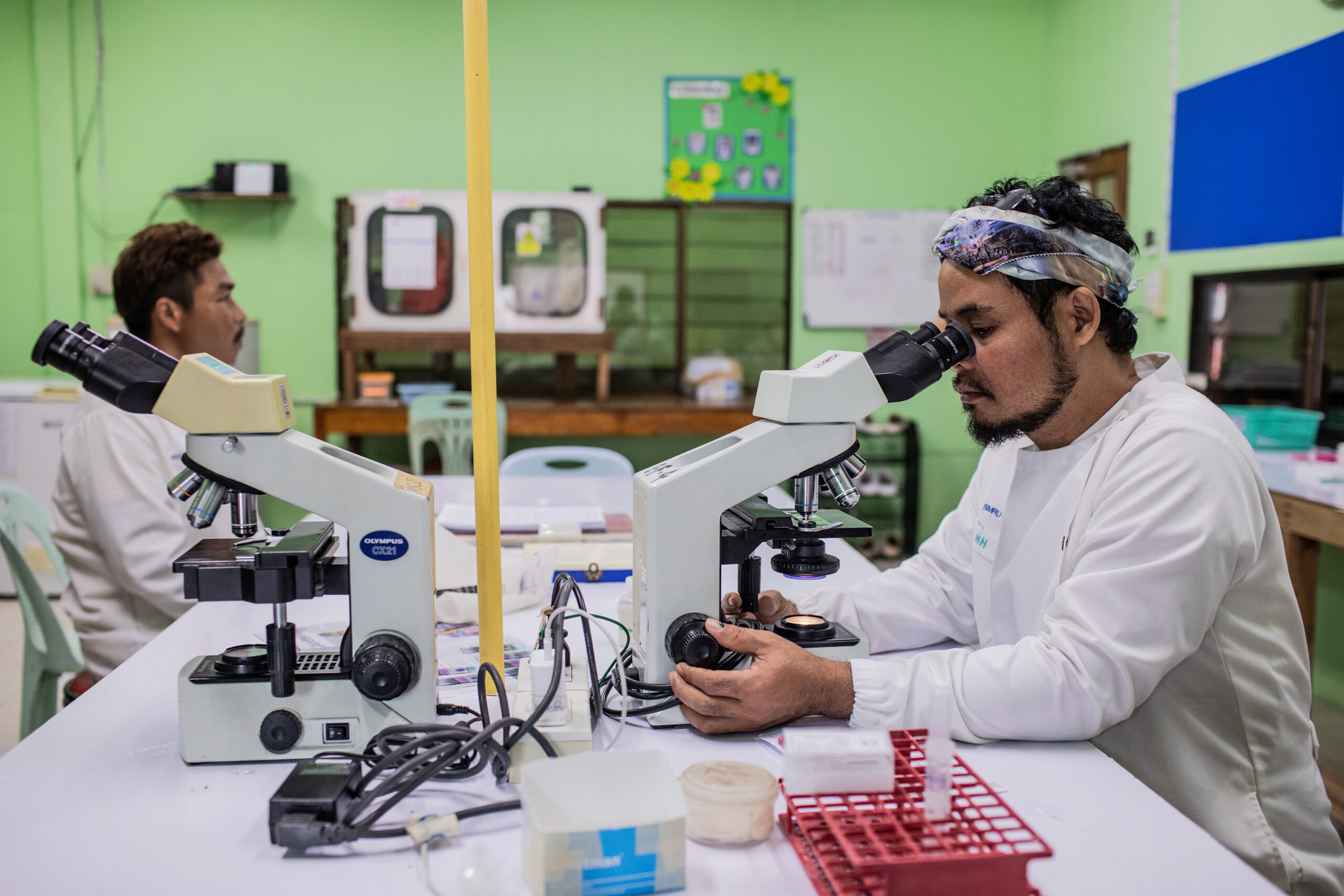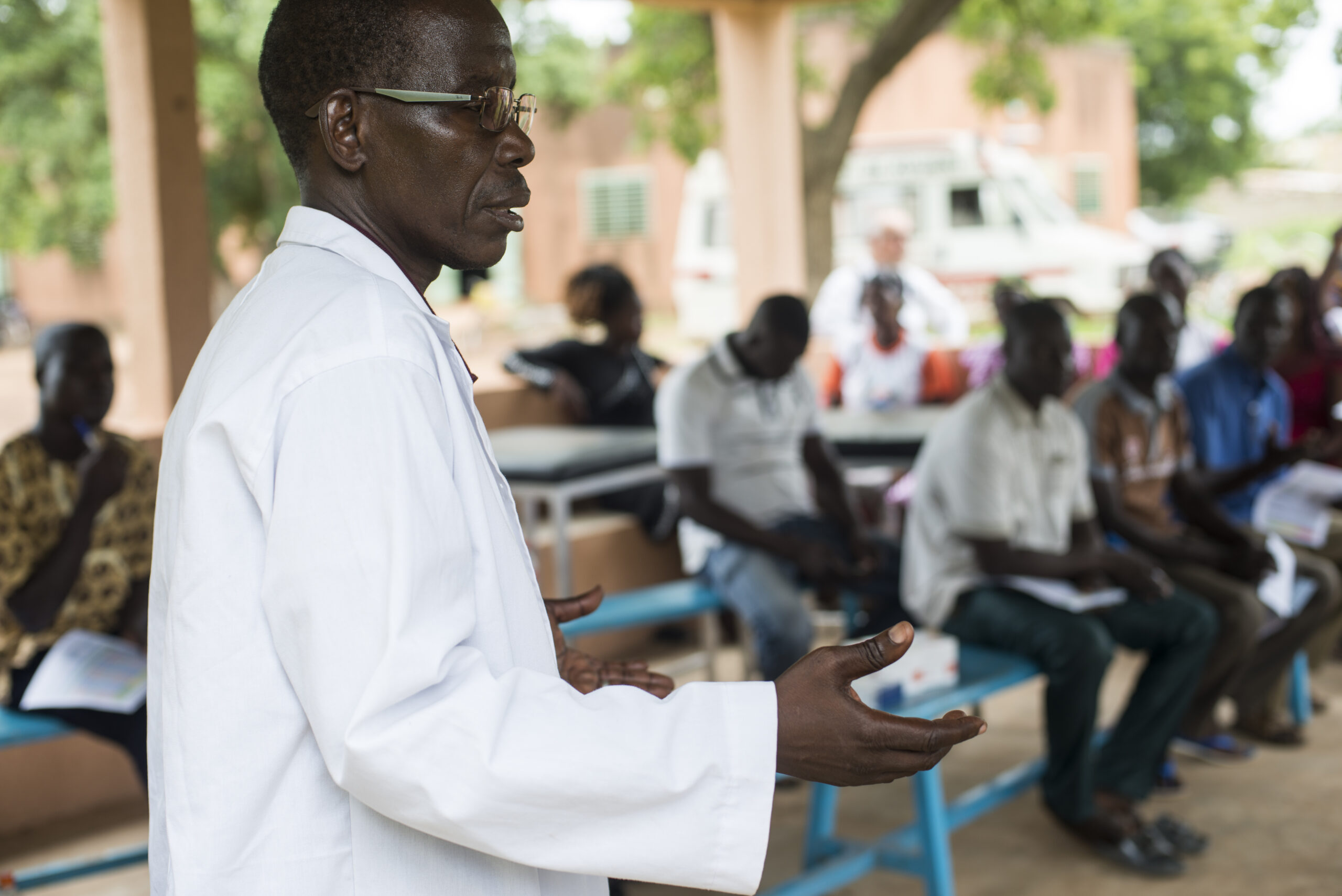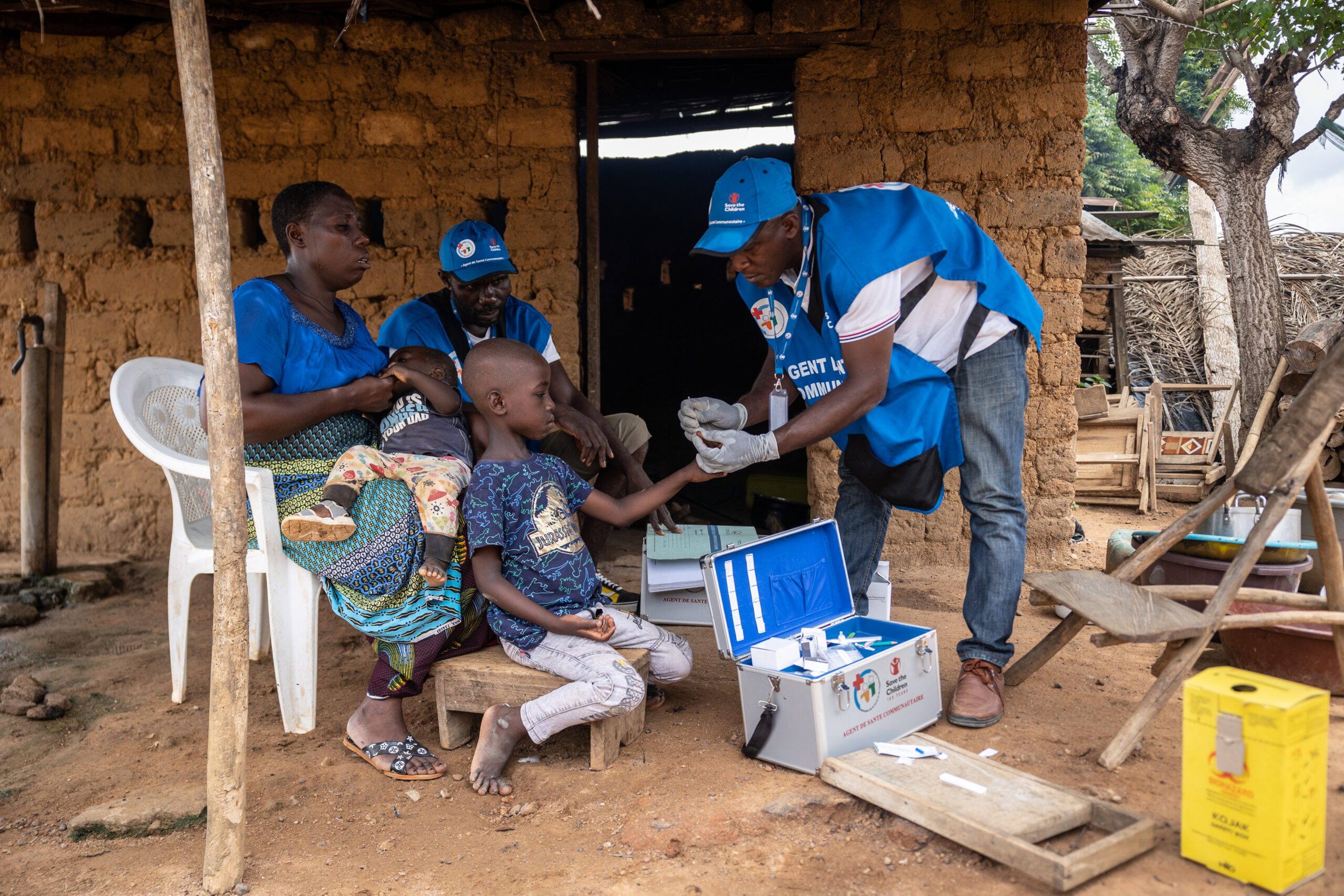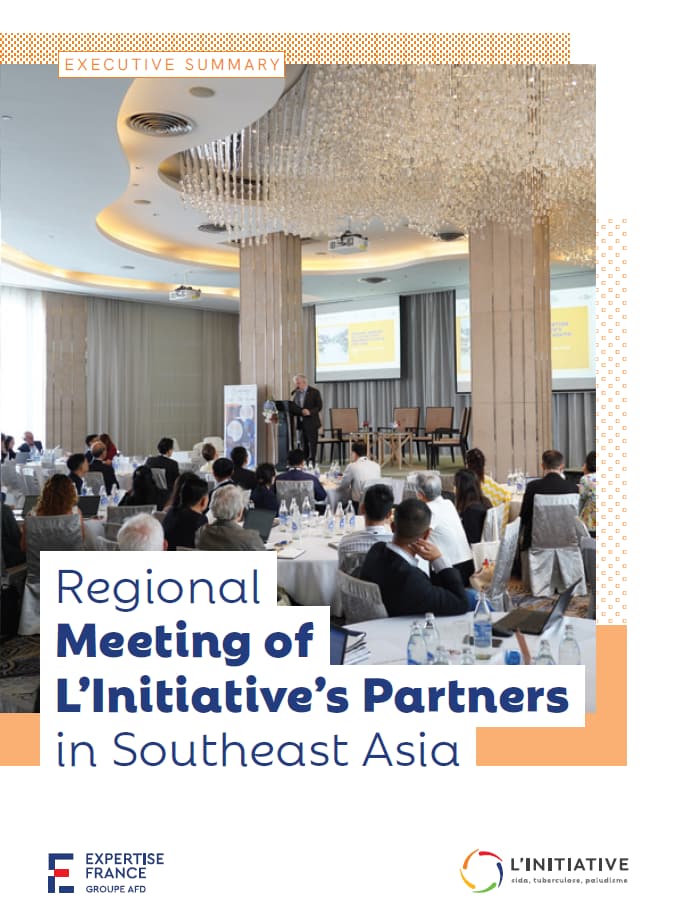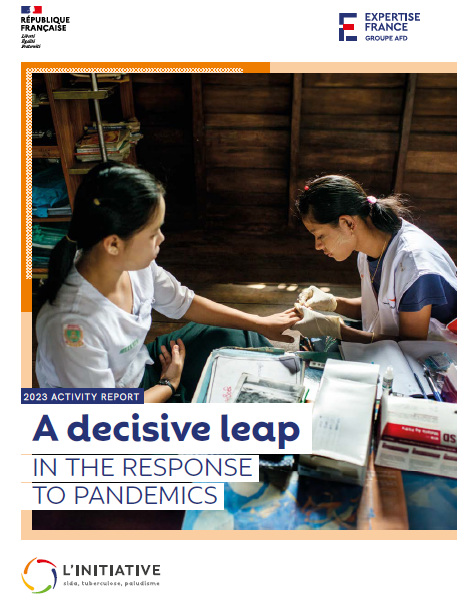Every year, several million migrants are registered in Thailand. Many of these people, mainly from Myanmar, Cambodia and Laos, have no legal documents and therefore no access to health coverage.
Major needs in sexual and reproductive health
Women, particularly pregnant women, are severely affected by the lack of access to essential services, especially in Karen State. In 2020, the maternal mortality rate was 282 deaths per 100,000 live births, one of the highest rates in Southeast Asia. Nearly 87% of maternal deaths occur in rural areas, where infrastructure is inadequate and access to reproductive health services is limited or non-existent.
To enable these Myanmarese women to access care, consultations are provided by private clinics, such as the Wang Pha clinic on the Thai border, run by SMRU. These women have to cross the Moei River separating the two countries illegally every day to give birth and receive first aid before leaving.
A project with a proactive approach
Signed in 2020 following L’Initiative’s 2019 call for projects, the project supported by the Shoklo malaria research unit (SMRU) aims to address the complex healthcare access needs of migrant women from Myanmar settled in Thailand. The project is in line with the third of the UN’s 17 Sustainable Development Goals, which aims to provide the means for a healthy life and promote well-being for all at all ages. The project aims to :
- support the networking and coordination of sexual and reproductive health stakeholders in Phop Phra and Mae Ramat ;
- build the capacity of community health workers and develop sexual and reproductive health services through mobile teams;
- set up a monitoring and surveillance system for sexual and reproductive health services, including emergency cases and cases of gender-based violence.
The project is being implemented over a three-year period in Tak province, Thailand, in the three districts of Mae Sot, Mae Ramat and Phop Phra, representing the main crossing points for people travelling from Myanmar to Thailand. These places concentrate a high proportion of mobile populations, such as pregnant women seeking care in the primary health centers of the Thai health system or in private facilities.
SMRU implements a proactive approach, enabling better cross-sectoral integration of health services and developing a community-based approach to facilitate the integration of marginalized populations currently outside the healthcare network. The project is being implemented in partnership with the Tak Provincial Public Health Office (TPHO) and the Borderland Health Foundation (BHF). An initial assessment and quantification phase, carried out in conjunction with the project partners, mapped out the extent, scope, languages spoken and types of sexual and reproductive health services that are and could be provided to migrants on the Thai side of the border with Myanmar. Following this, forums and workshops were organized to build the capacity of community health workers and the outreach team, as well as mobile sexual and reproductive health activities carried out by outreach teams at the identified sites. Ultimately, a joint teaching program on sexual and reproductive health tailored to gender-sensitive adolescent girls and boys is expected, aimed at health workers to provide preventive sexual and reproductive health care, screening (pregnancy tests, nutrition, rapid tests for malaria and HIV) and awareness-raising workshops on managing tuberculosis signs and danger signs during pregnancy.
In addition to these operational partnerships, SMRU also benefits from the support and backing of local social enterprise Dreamlopments via M-FUND, a non-profit, low-cost health insurance model for migrants from Myanmar living in Thailand. This collaboration is financed by the Global Fund, Expertise France and Unicef.
